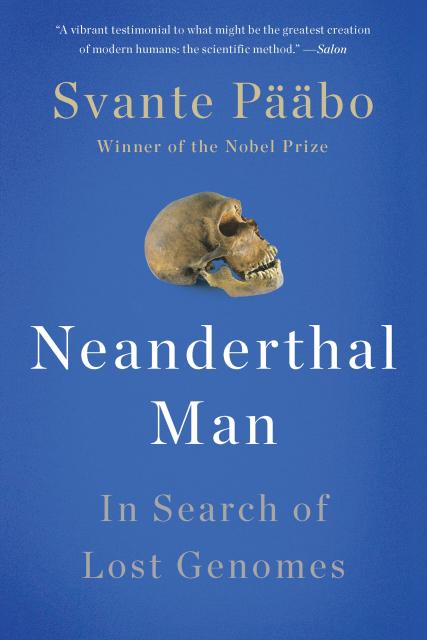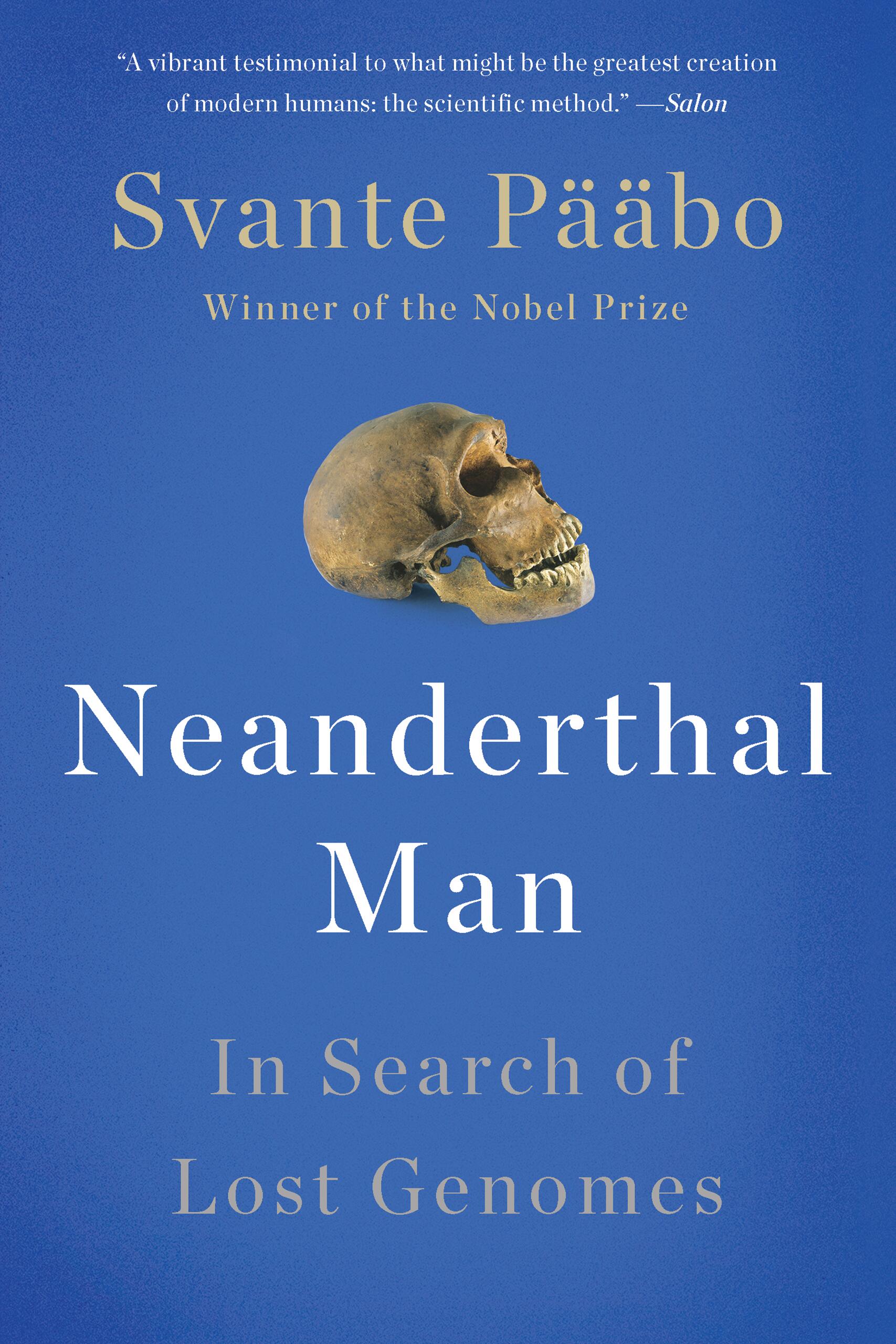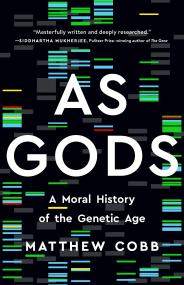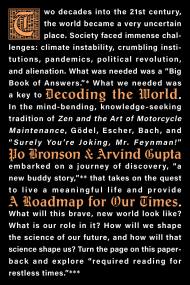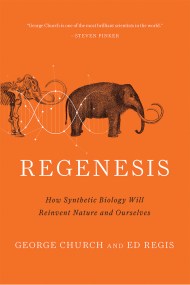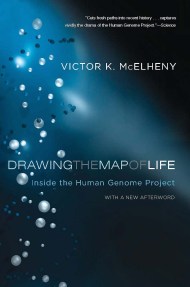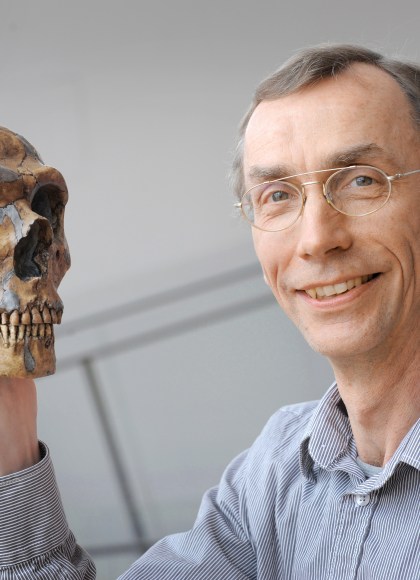Neanderthal Man
In Search of Lost Genomes
Contributors
By Svante Pääbo
Formats and Prices
Price
$18.99Price
$23.99 CADFormat
Format:
- Trade Paperback $18.99 $23.99 CAD
- ebook $13.99 $16.99 CAD
This item is a preorder. Your payment method will be charged immediately, and the product is expected to ship on or around March 24, 2015. This date is subject to change due to shipping delays beyond our control.
Also available from:
Neanderthal Man tells the riveting personal and scientific story of the quest to use ancient DNA to unlock the secrets of human evolution. Beginning with the study of DNA in Egyptian mummies in the early 1980s and culminating in the sequencing of the Neanderthal genome in 2010, Neanderthal Man describes the events, intrigues, failures, and triumphs of these scientifically rich years through the lens of the pioneer and inventor of the field of ancient DNA, Svante Pääbo. We learn that Neanderthal genes offer a unique window into the lives of our ancient relatives and may hold the key to unlocking the mysteries of where language came from as well as why humans survived while Neanderthals went extinct.
Pääbo redrew our family tree and permanently changed the way we think about who we are and how we got here. For readers of Richard Dawkins, David Reich, and Hope Jahren, Neanderthal Man is the must-read account of how he did it.
-
"Neanderthal Man is a revealing history of a new scientific field."Carl Zimmer, New York Times Book Review
-
"Pääbo has provided us with a fabulous account of three decade of research into ancient DNA, culminating in 2010 with the publication of the Neanderthal genome."New York Review of Books
-
"Pääbo provides a riveting, personal account of the development of paleogenetics and the technical revolution that made the field possible."Science
-
"If there is one name associated with ancient DNA, it is Svante Pääbo.... Neanderthal Man is perfectly timed, beautifully written and required reading."Nature
-
"Highly recommended."Choice
-
"The world's foremost expert on recovering ancient DNA tells the inside story of what it took to reconstruct the Neanderthal genome."The Christian Century, Essential Books on Evolution and Human Origins
-
"This is a fascinating story of how modern science and especially computer technology is opening vistas onto our prehistoric history."The Explorers Journal
-
"Pääbo provides a fascinating look at how his personal life intersected with the founding of a scientific field that has revolutionized evolution."Science News
-
"Pääbo paints a picture of how a major scientific advance rose out of a mix of politics, persuasion, careful management, and struggles with technology and technique. For that alone, it's valuable."Ars Technica
-
"Scientific understanding of earlier humans is fast evolving. For the nonce, this is a go-to volume on the subject for serious readers."Library Journal
-
"[T]his book is a vibrant testimonial to what might be the greatest creation of modern humans: the scientific method."Salon
- On Sale
- Mar 24, 2015
- Page Count
- 288 pages
- Publisher
- Basic Books
- ISBN-13
- 9780465054954
Newsletter Signup
By clicking ‘Sign Up,’ I acknowledge that I have read and agree to Hachette Book Group’s Privacy Policy and Terms of Use
